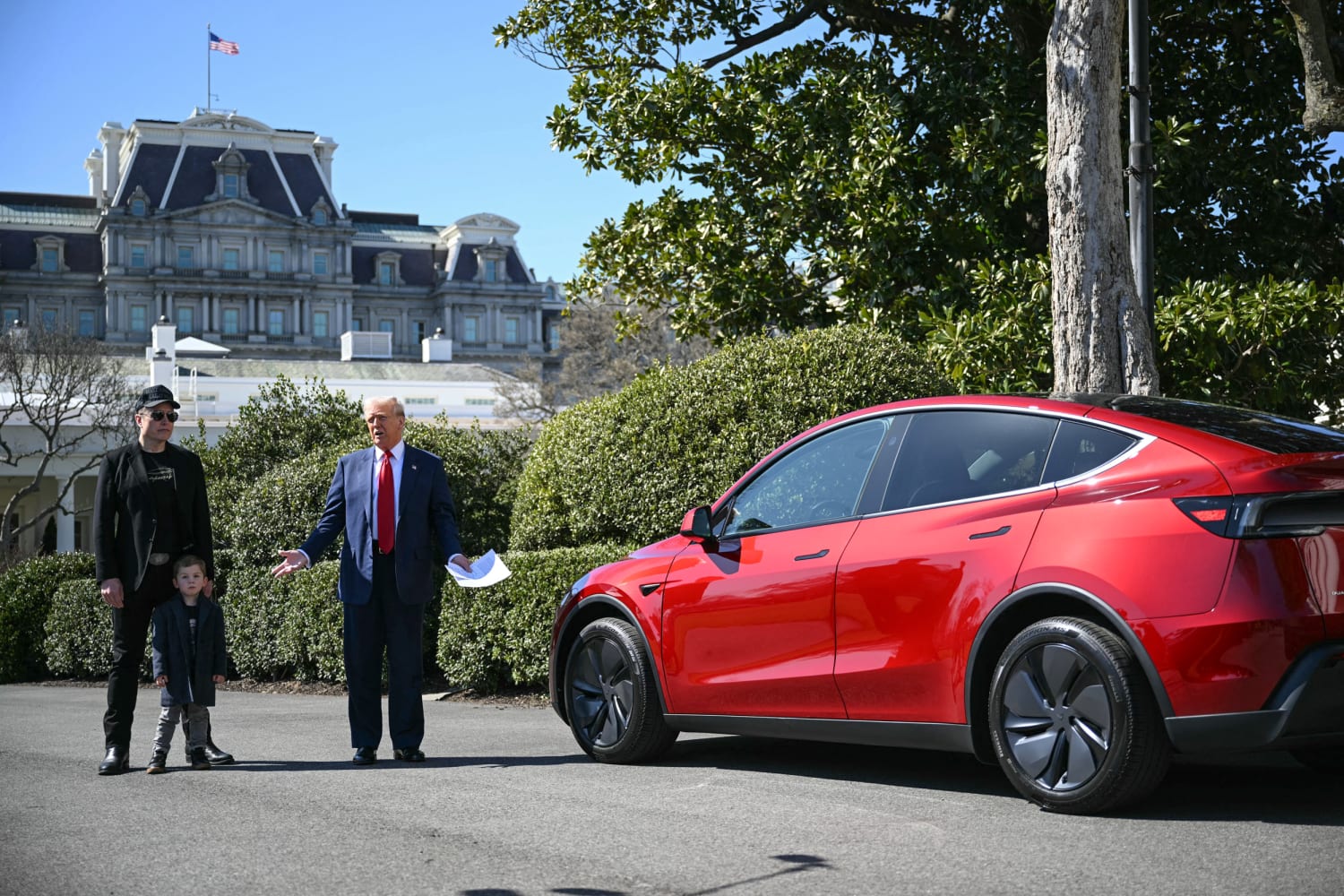
In a stunning turn of events, President Donald Trump declared on Monday that while he has no plans to discontinue Starlink services at the White House, he might be moving his Tesla Model S off-site following his public fallout with the billionaire CEO, Elon Musk. The two, once close allies, have found themselves at odds over political disagreements, particularly regarding Trump's tax and spending bill.
Trump’s relationship with Musk soured over the weekend after Musk called Trump’s new tax bill a “disgusting abomination,” sparking a wave of insults between the two. Musk’s opposition to the bill, which includes cuts to the electric vehicle tax credit, has complicated the Republican efforts to push the legislation through Congress.
Trump’s response included personal jabs at Musk, including questioning whether the Tesla CEO had been under the influence of ketamine during his involvement with government projects.
Amid the fallout, rumors began circulating that Trump would remove his Tesla from the White House grounds, a decision that now seems likely. Trump confirmed in an interview on Monday that he was considering moving the Tesla elsewhere but insisted that he would not take similar action with Starlink, the satellite internet service owned by Musk’s company, SpaceX.
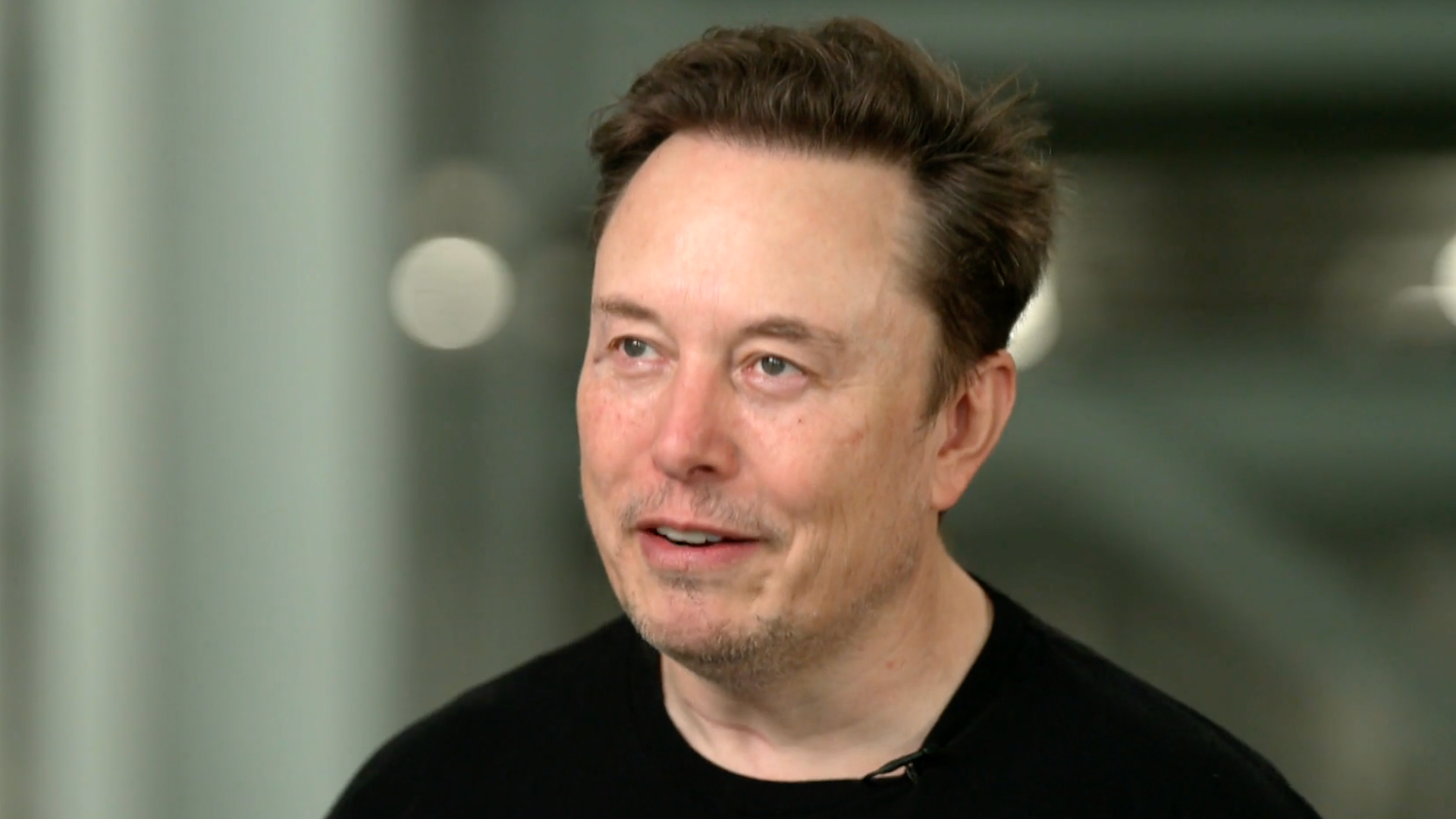
“We had a good relationship, and I just wish him well,” Trump said when asked about the possibility of reconciliation with Musk. Despite his diplomatic tone, Trump made it clear that the ball was now in Musk’s court. “If I were him, I’d want to speak to me,” Trump added, suggesting that the billionaire CEO might take the initiative to restore ties.
The tension between Trump and Musk began last Thursday after Musk criticized Trump’s tax bill, which includes cuts to corporate tax rates but also eliminates the $7,500 tax credit for electric vehicles. Analysts from JPMorgan Chase & Co. estimated that this change would cost Tesla around $1.2 billion in profits this year.
Musk, frustrated by the impact on his company, lambasted the bill and even urged lawmakers to reject it.
Trump, who has repeatedly defended his tax policies, responded harshly, threatening to cut federal contracts with Musk’s companies and questioning whether Musk’s controversial public statements were influenced by drugs. Musk, in turn, escalated the confrontation by posting on social media that Trump was mentioned in connection with the Epstein files, further intensifying the feud.
Although Musk quickly deleted the post, it had already made its rounds on the internet, fueling speculation about Trump’s connections to the disgraced financier.
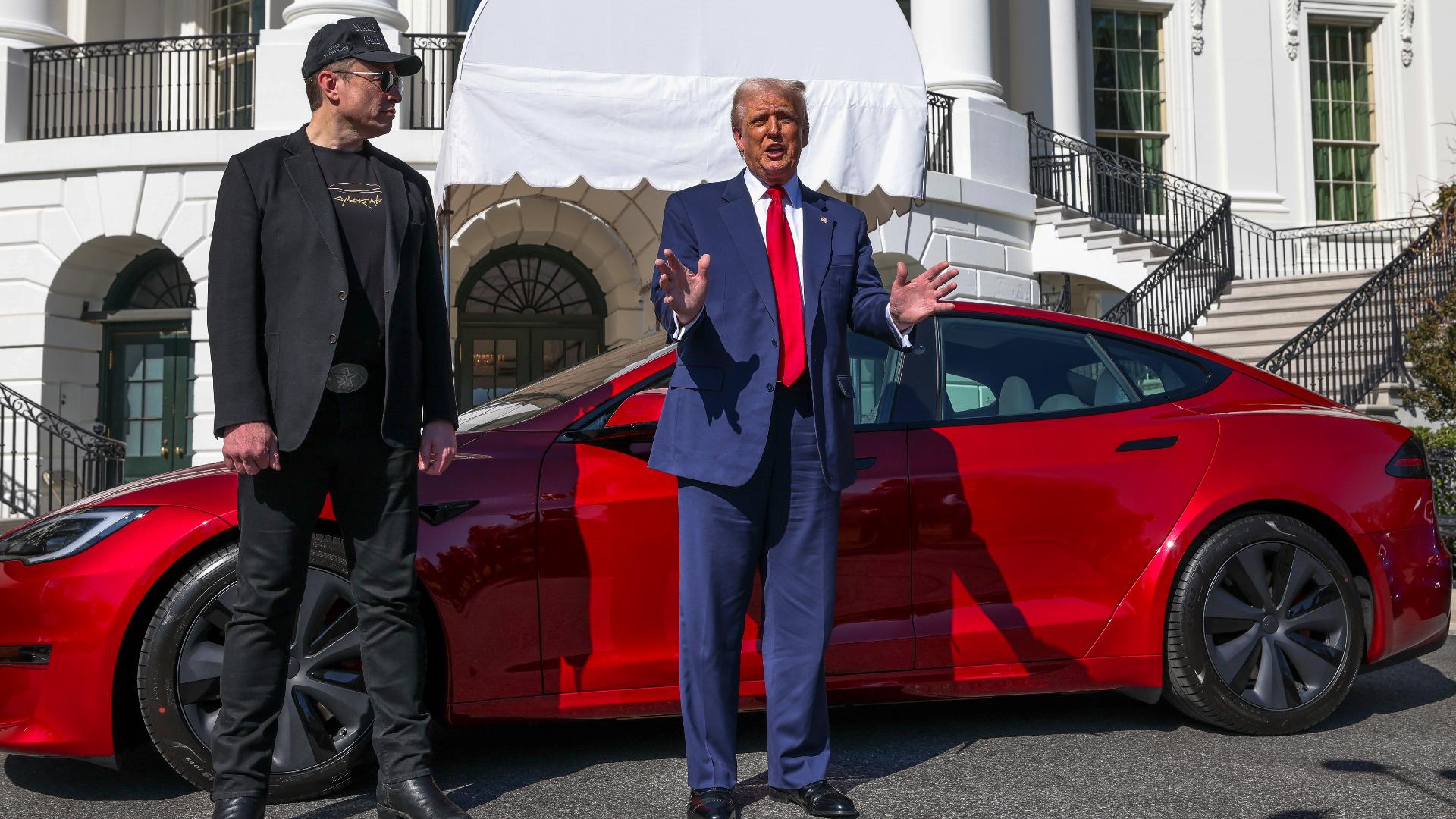
In response to the increasing tensions, Tesla’s stock price took a significant hit, exacerbating the financial fallout from the public feud. On the back of Musk’s attacks, Tesla shares dropped, and analysts warned that the conflict could undermine Musk’s business empire.
However, Musk’s response to the backlash appeared more measured as sources close to him revealed that his anger had begun to subside. Some close to the billionaire believe that he might eventually attempt to repair his relationship with Trump, although no public overtures have been made so far.
The feud has also stirred confusion and division within the Republican Party, which relies on both Musk’s financial support and Trump’s leadership. As Musk’s criticism of Trump’s policies has grown louder, GOP lawmakers have been forced to take sides, with some siding with the president and others remaining loyal to the tech billionaire.
Musk’s remarks criticizing Trump’s trade policies, including tariffs on Chinese goods, have placed further strain on the relationship, with Musk warning that such policies could lead to a recession.
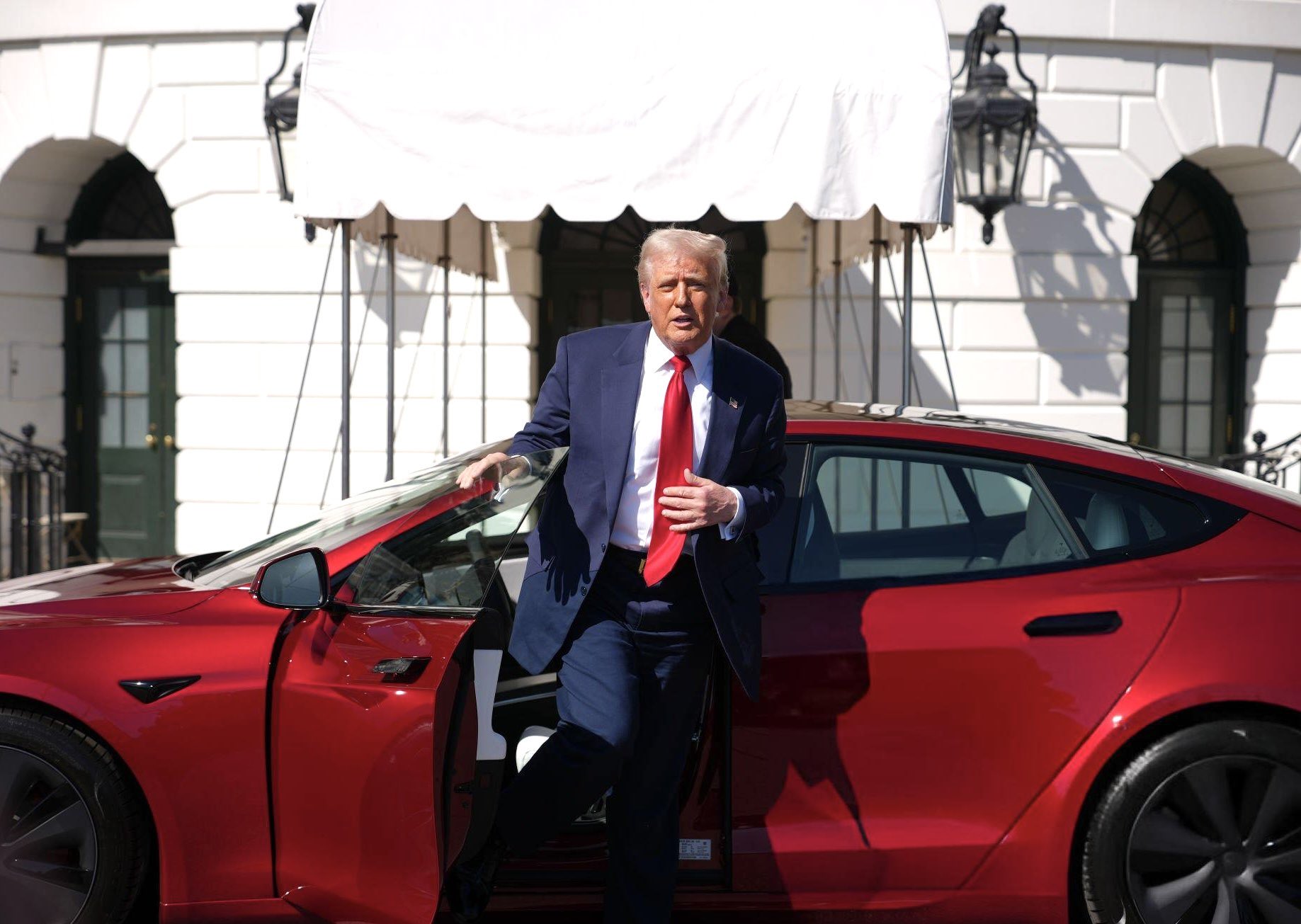
Trump, however, has shown no signs of backing down. He took to NBC News to claim that Musk would face “very serious consequences” if he continued to support Democratic challengers, adding that he had done a great deal for Musk during his presidency, including helping to secure important government contracts.
Despite the acrimony, Trump remained firm in his stance that he had not made any decisions regarding the future of his relationship with Musk. He did, however, leave the door open for further communication. “I would think that if I were him, I’d want to speak to me,” Trump said, underscoring the uncertainty surrounding their next move.
In the aftermath of the feud, White House officials worked to downplay the severity of the situation, but the impact on Republican efforts in Congress has been undeniable. With Musk’s public opposition to the tax bill, some Republican lawmakers are now facing difficult questions about where their allegiances lie.
The drama also came to a head when Musk began aligning himself with social media users calling for Trump’s impeachment, adding fuel to the fire of an already tense situation.
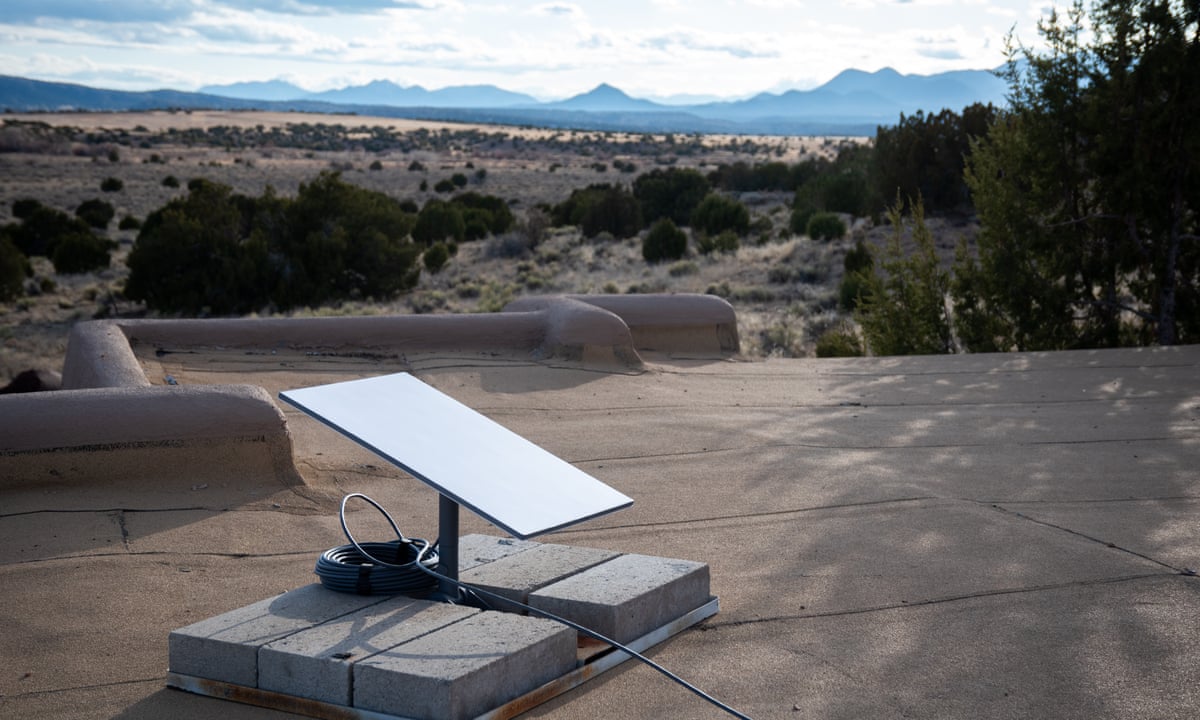
Inside the White House, officials were careful not to escalate the situation further, but Trump’s blunt remarks made it clear that he was not ready to let Musk’s behavior go unpunished. The president’s comments were a clear signal that he could take further action if the situation worsens. Still, Trump stopped short of taking any immediate steps to cancel Musk’s government contracts, though the threat remained on the table.
As the drama continues to unfold, the question remains whether Musk and Trump can rebuild their fractured relationship or if this marks the beginning of a more permanent rift between the two powerful figures. For now, Trump’s stance on Starlink and the Tesla Model S is clear: while the president may move his Tesla, Starlink is staying put, signaling that Musk’s satellite internet service will remain in use at the White House for the time being.
This saga is far from over, and it remains to be seen how both men will navigate the increasingly complicated political and business landscape. As the 2024 election approaches, the tension between Musk and Trump will likely continue to have ripple effects on both the political and business worlds.

-1754623380-q80.webp)
-1750570235-q80.webp)
